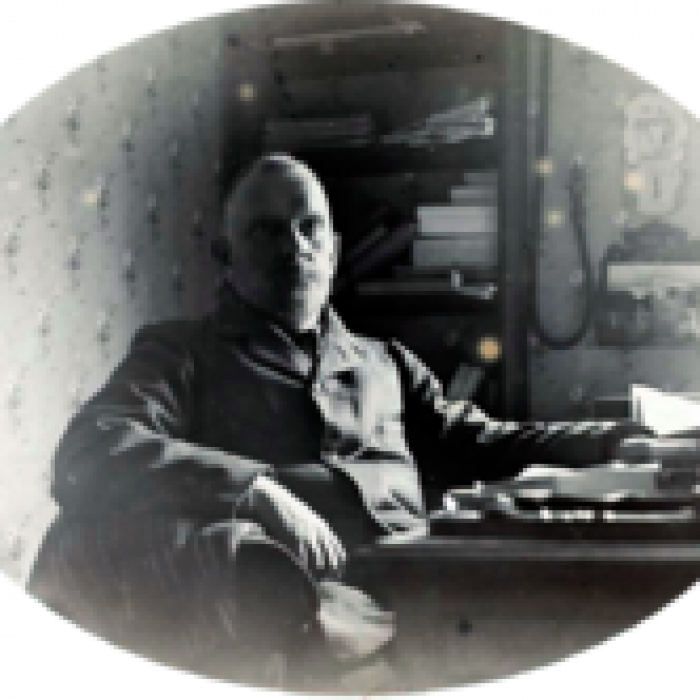
Jules Renard (22 February 1864 – 22 May 1910) was a French author and member of the Académie Goncourt, most famous for the works Poil de carotte (Carrot Top, 1894) and Les Histoires Naturelles (Nature Stories, 1896). Among his other works are Le Plaisir de rompre (The Pleasure of Breaking, 1898) and Huit jours à la campagne (A Week in the Country, 1906).
The child of François Renard and Anna-Rose Colin, Renard was born in Châlons-du-Maine, Mayenne where his father was working on the construction of a railroad. Renard grew up in Chitry-les-Mines, (Nièvre). He had three older siblings including Amélie (born 1858), who died at a young age.
On 28 April 1888, Renard married Marie Morneau. He and his wife lived at 43 rue du Rocher in the 8th Arrondissement of Paris. He began to frequent literary cafés and to contribute to Parisian newspapers.
Some of Jules Renard's works take their inspiration from the countryside he loved in the Nièvre region. His character portraits are sharp, ironic and sometimes cruel (in his Histoires naturelles he humanizes animals and animalizes men) and he was an active supporter of pacifism and anticlericalism (apparent in La Bigote).
His journal (1887 to 1910, published in 1925) is a masterpiece of introspection, irony, humor and nostalgia, and also provides an important glimpse into the literary life.
The English writer Somerset Maugham was influenced to publish his own well-known journals by the example of Renard. In the introduction to his own work A Writer's Notebook, Maugham wrote an apt summary of the virtues of Renard's journal: "The journal is wonderfully good reading. It is extremely amusing.
The American novelist Gilbert Sorrentino based his 1994 work Red the Fiend on Renard's Poil de carotte. For a great part, the 2008 memoir Nothing to Be Frightened Of by the English novelist Julian Barnes is a homage to Jules Renard.
Renard is one of several popular philosophers whose quotations appear on the road signs of Project HIMANK in the Ladakh region of northern India. On one such sign in the Nubra Valley, he is quoted as saying Laziness is nothing more than the habit of resting before you get tired.
Source : Link

1564 - 1616

1803 – 1882

1854 – 1900

1942 – 2016

1928 – 2014

1835 – 1910

1869 – 1948

1884 – 1962
1898 – 1963

1929 – 1993

1879 – 1955

1809 – 1865

1807 – 1870

1800 – 1859

1795 – 1821

1755 – 1793

1984 -

1989 – 2011

1943 – 2001

1815 – 1902

1929 – 1994

1767 – 1848
